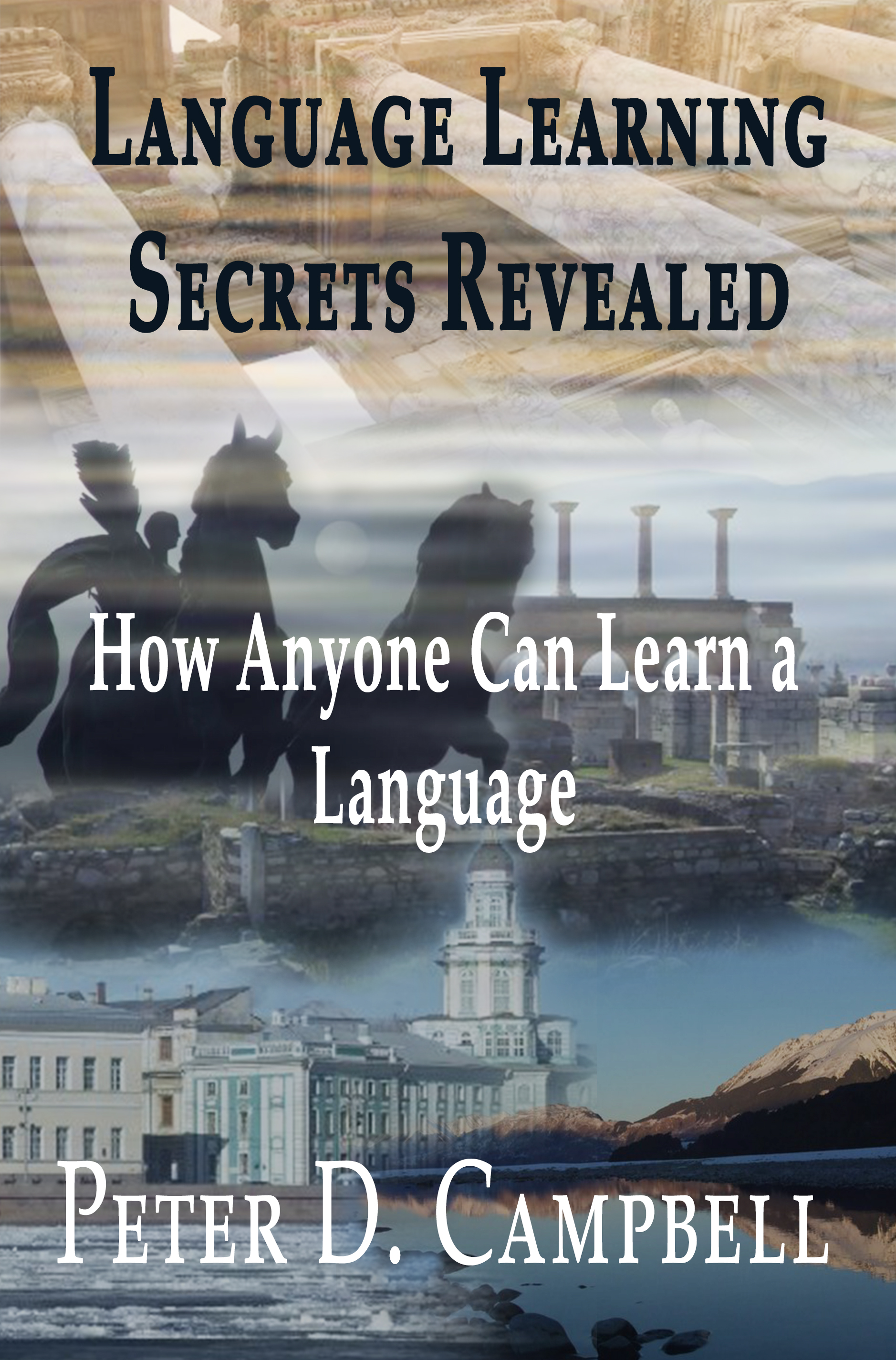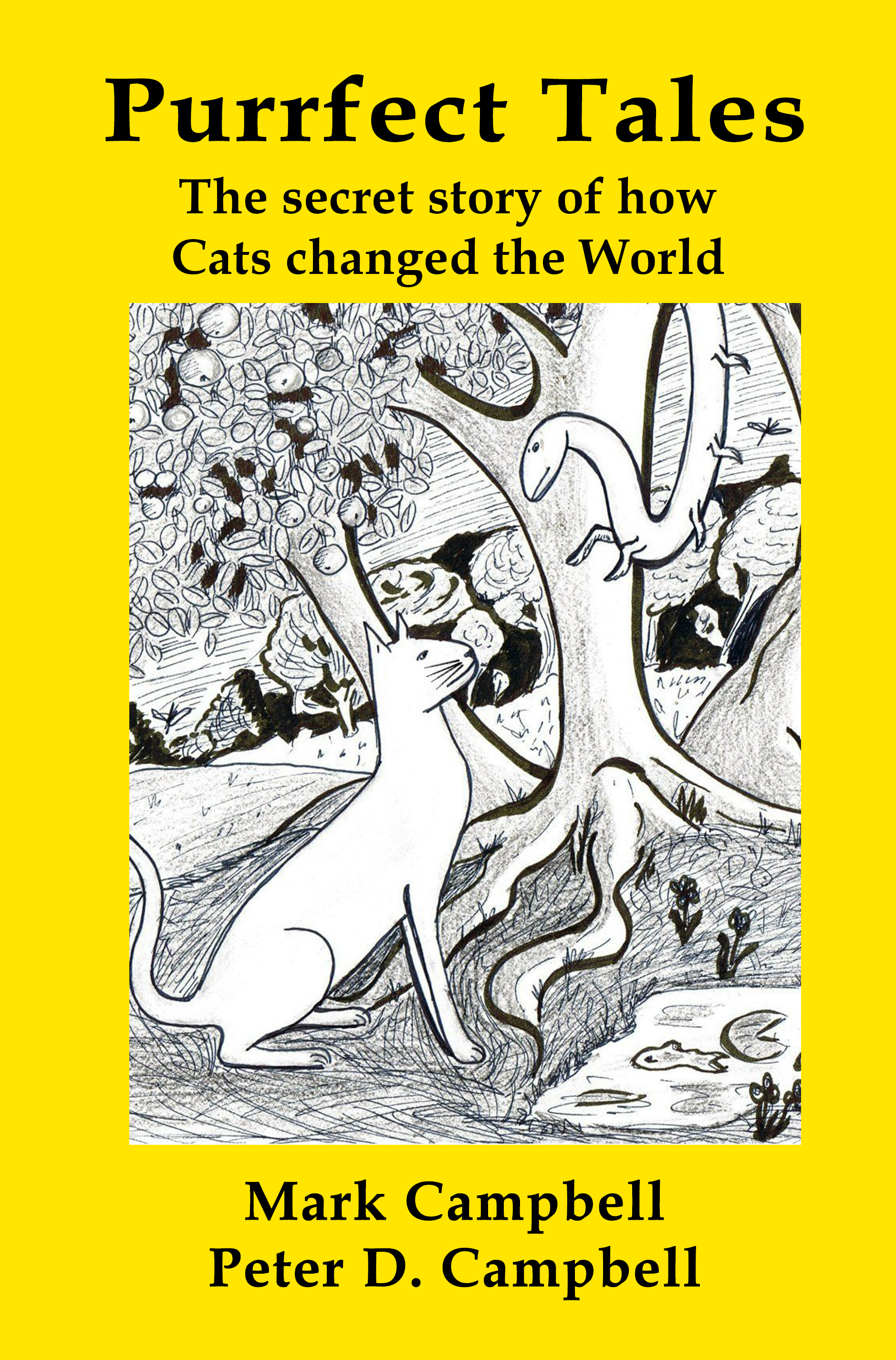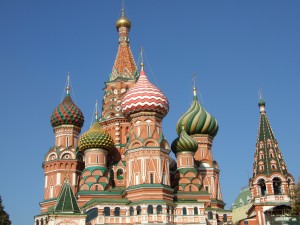 The “fasten seatbelts” sign flashed on, signaling our final descent. The clouds that had obscured Europe for the majority of the trip, slid past the aircraft windows and opened up the view to a featureless landscape covered with snow and long shadows thrown off by a sinking sun. I began to feel that familiar sense of anxiety when the wheels hit the ground and we skidded along the tarmac. I was on Russian soil again four hours after we had taken off from Heathrow. .
The “fasten seatbelts” sign flashed on, signaling our final descent. The clouds that had obscured Europe for the majority of the trip, slid past the aircraft windows and opened up the view to a featureless landscape covered with snow and long shadows thrown off by a sinking sun. I began to feel that familiar sense of anxiety when the wheels hit the ground and we skidded along the tarmac. I was on Russian soil again four hours after we had taken off from Heathrow. .
That strange thrill – a mixture of trepidation and excitement – always returns when I come to Russia. A tourist brochure might label it ‘land of the unexpected because in Russia you can never know what to expect. You can’t even take the border for granted. When leaving Russia, I am always paranoid that the border guards won’t let me out; and when I returning, I am terrified that they won’t let me in.
Russia is still trying to emerge from its Soviet burdens without westernizing. It wants and needs to rebuild itself and modernize without losing that undefined but ubiquitous, quintessential Russianness of which its people are so proud.
I have lived four years in this country amongst people who know nothing of the world from which I come. It is a dynamic, vibrant culture, with genuine warmth and a love for the novel and the curious. But there is a powerful contrast. Few Russians speak English and intolerance of foreigners is endemic. A foreigner who cannot speak Russian has a hard time. Most foreigners cannot handle it, some thrive on it, and the rest, with time and habit, simply they grow accustomed to combination of warmth, helpfulness, intelligence and culture mixed with the brutality, hostily and alienation that is the daily experience of the marginal member of society. Foreigners are attracted by the high culture which permeates St. Petersburg and dates back to the early Rus a thousand years ago.
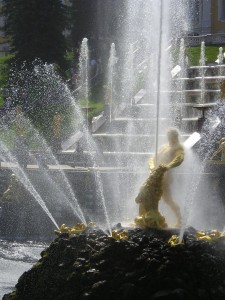
Petrogoff – a summer palace to the Tsars, Stalin ordered it to be destroyed after he heard Hitler intended to hold a reception there during WWII. The palace and fountains were rebuilt after the war.
Russian society starkly juxtaposes privilege and desperation. Vagrants and limbless veterans compete with each other for pity and alms – the misery of Dostoevsky’s Russia –.and through an “Alice-in-Wonderland’ looking-glass you enter the imperial palaces or shopping malls and see a new world of marbled staircases, gilded rooms, consumer goods, and the wealthy, dressed in furs, laden in jewels and seemingly oblivious to that other world of hunger and cold just beyond the security guards who hold the doors.
The famous phrase of Fyodor Tyutchev is only too true – Russia cannot be understood by the mind. Russians are well educated; school leavers seem knowledgeable as most university graduates in New Zealand. But many do not finish school, and seem to know nothing except law of the asphalt jungle, the crude rule of force.
These street-Russians are cruel – but despite their abasement, they are proud to be Russian, they take pride in its grandeur though built on misery and Czarist exploitation; they often speak of the “Great Russian People”, and then complain about poverty and their own victimhood at the hands of the government, the oligarchs, foreigners, etc. For many such there is no work and they are condemned to never-ending, unrelieved poverty. Vodka and violence is their redemption, and random fights, even among friends, frequently lead to hospitalization. And yet these impoverished people, capable of such violence, will give you everything they possess quite selflessly on a whim because at that moment they like you.
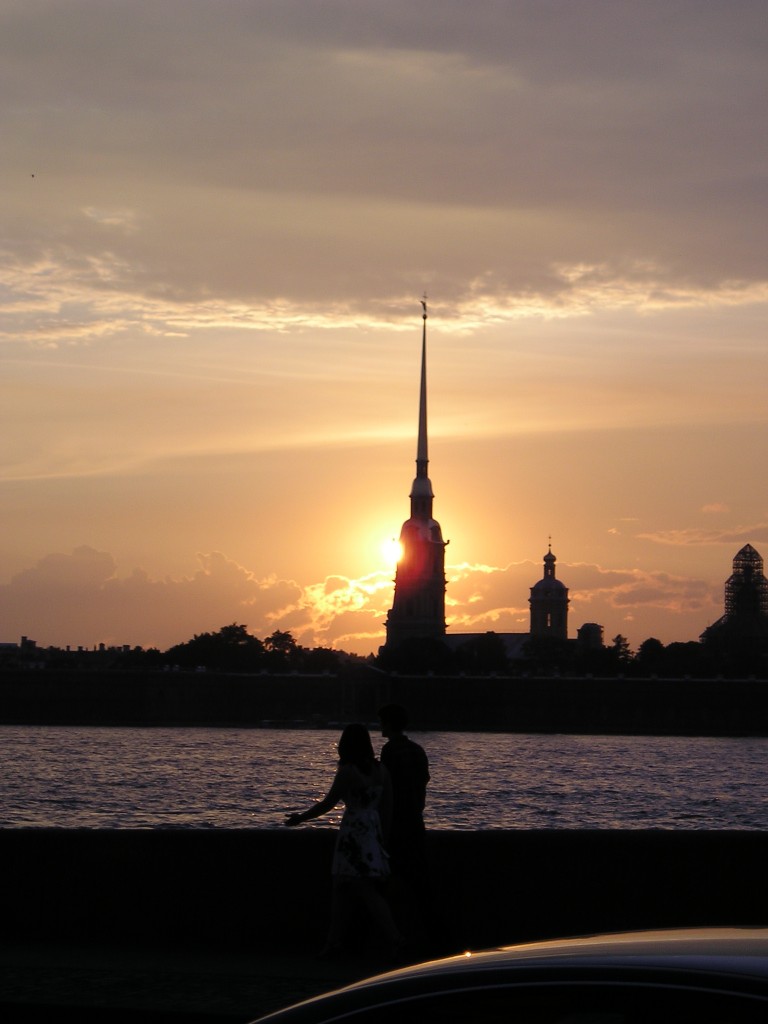 Understand the Russian mind? Consider Russian youth: often surrounded by poverty and not uncommonly lifelong victims of it but as a category they seem determined not to experience it again. They understand that they can rely only on themselves, their abilities, and their own hard work. These youths have such sense of purpose, create such dynamism that you cannot help but see the future positively and you feel that you are in a country which is growing, in a place which is developing and will become great. One has such a powerful sense of this purposefulness that Russiaexerts a strong attraction. It is an exhilarating place to experience and witness life. I once described this phenomenon to a Russian acquaintance, who nodded sagely, “Yes, Russia is like a bog, everything is dirty, everything sinks to the bottom and drowns, but despite everything, white lilies grow.”
Understand the Russian mind? Consider Russian youth: often surrounded by poverty and not uncommonly lifelong victims of it but as a category they seem determined not to experience it again. They understand that they can rely only on themselves, their abilities, and their own hard work. These youths have such sense of purpose, create such dynamism that you cannot help but see the future positively and you feel that you are in a country which is growing, in a place which is developing and will become great. One has such a powerful sense of this purposefulness that Russiaexerts a strong attraction. It is an exhilarating place to experience and witness life. I once described this phenomenon to a Russian acquaintance, who nodded sagely, “Yes, Russia is like a bog, everything is dirty, everything sinks to the bottom and drowns, but despite everything, white lilies grow.”
Be sure to like Intrepid Adventure on Facebook and check out Peter Campbell’s latest books on Amazon.com.
Copyright © Peter Campbell 2014, www.intrepid-adventure.com

